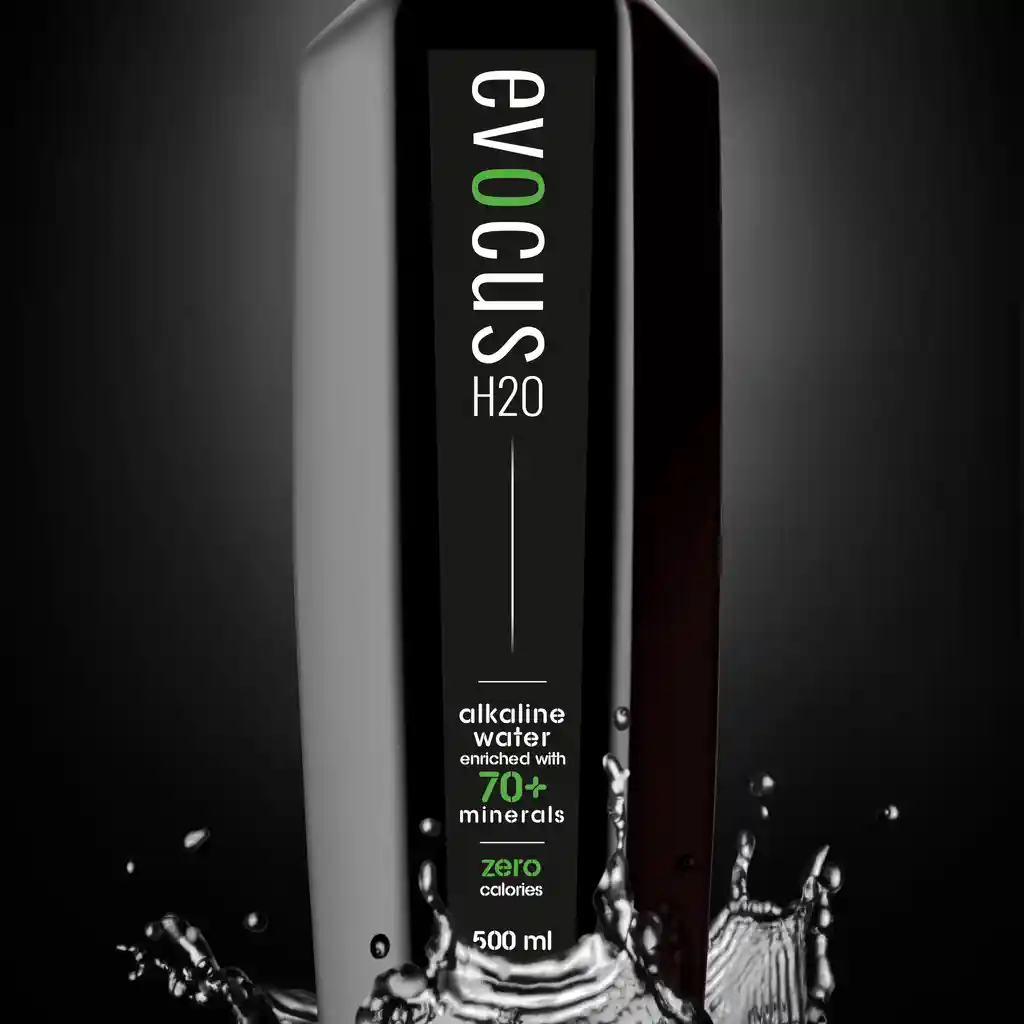A recent study led by Montana State University (MSU) Health and Human Development professor Dan Heil and his team of graduate and undergraduate students has shed light on the potential health benefits of drinking mineralized water. The research focused on the effects of consuming water with a high mineral content, specifically alkaline water supplemented by a water company’s product designed to stabilize pH and minerals. The findings reveal that this type of water consumption can lead to better hydration and higher pH levels in the body compared to drinking non-mineralized water.
The study, conducted in early 2010, involved 38 young adult volunteers divided into a control group and an experimental group. The control group consumed non-mineralized bottled water for four weeks, while the experimental group drank the mineral-rich alkaline water during the second and third weeks, with non-mineralized water during the first and fourth weeks for baseline measurements. The research team collected blood and urine samples thrice weekly to monitor changes in pH levels and osmolality, an indicator of mineral concentration, alongside total daily urine volume.
Professor Heil expressed surprise at the significant impact of mineralized water on the body, noting a dramatic effect that quickly reversed once participants stopped consuming the water. This study underscores the body’s sensitivity to pH changes, which play a critical role in all chemical reactions within the human system. The experimental group showed a notable increase in both blood and urine pH levels when consuming the mineralized water, indicating not only improved hydration but also the potential for health benefits beyond mere hydration.
Kendra Anderson, an MSU exercise science student and participant in the experimental group, reported consuming less water daily during the weeks she drank the alkaline water, attributing this to its higher hydrating qualities. Despite the inability to taste a difference, the data clearly showed the benefits of mineralized water consumption. Professor Heil pointed out that the most significant changes were observed in participants who drank larger quantities of water and those who engaged in regular exercise, though the impact on sedentary individuals drinking moderate amounts of water was relatively small.
The study, while revealing, faced limitations due to its focus on a single company’s mineralized water product, derived from a river fed by glacial runoff and containing a unique blend of minerals. Future research could broaden the scope to include various types of mineralized waters to generalize the findings further. Nonetheless, the study’s outcomes highlight the importance of water consumption in overall health and the potential for specific types of water to offer benefits beyond basic hydration.
Despite the need for further research, the initial results suggest a promising direction for exploring how water consumption can influence health outcomes. Professor Heil emphasized the significance of these findings, suggesting that water, in conjunction with a balanced diet, could play a crucial role in maintaining health and potentially offering advantages beyond physical performance. This study invites a broader consideration of the types of water we consume and encourages a more inquisitive approach to understanding their effects on our health.





